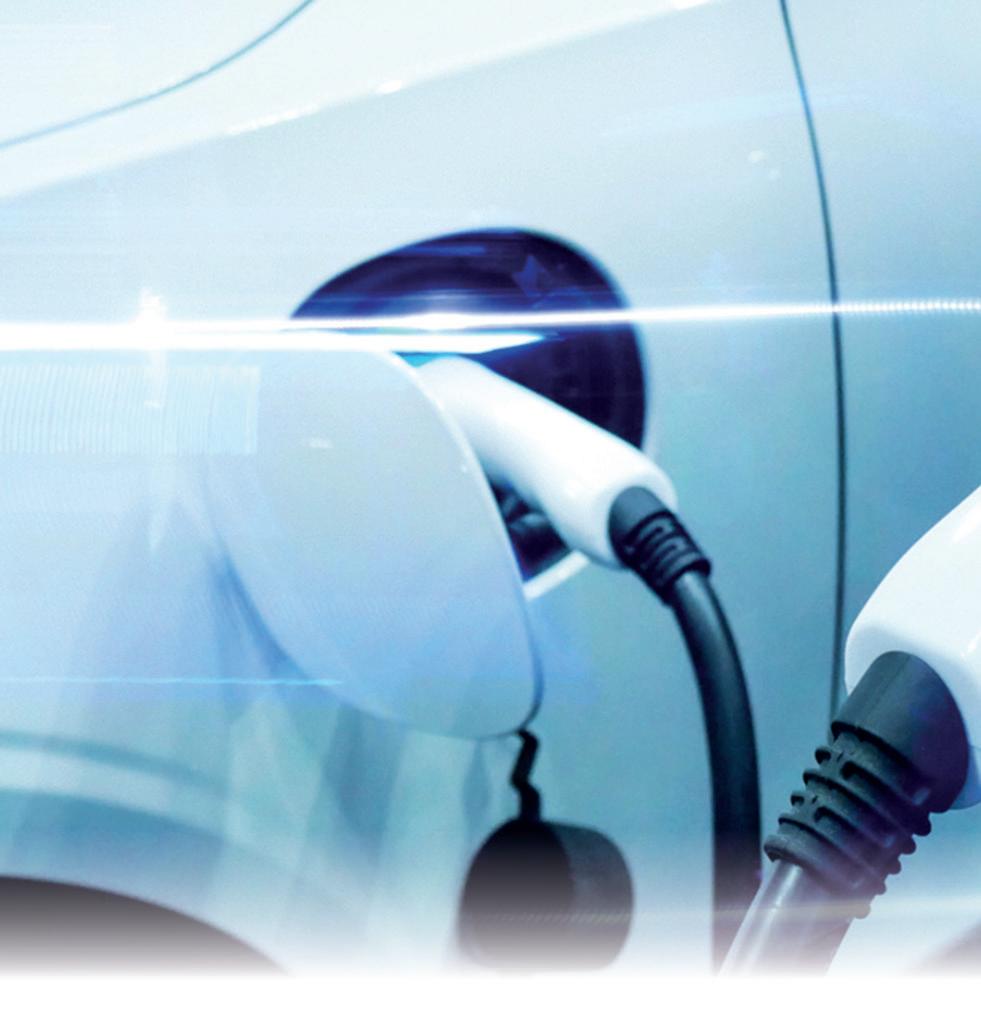
2 minute read
EV CHARGING Know the ins and outs
Charging is a crucial concern among new owners of electric vehicles, whether a plug-in hybrid or full electric vehicle (EV). Fear of inconvenience is one of the biggest barriers to widespread adoption of electric vehicles. You might be concerned that there aren’t enough public charging stations in the area — and even if there are public charging stations nearby, do you really want to rely on them any time you need to refuel?
An EV charging station at home can solve this challenge of inconvenience. But are EV charging systems at home safe? Absolutely, as long as they’re installed correctly.
The first thing EV owners should consider is how they will charge their vehicles.
A licensed electrician can evaluate your home’s EV charging situation, as well as:
• The vehicle’s charging capabilities and requirements, which vary depending on the make, model and type.

• The potential location of the panel and vehicle, including the distance from the panel to the garage, the degree of difficulty, and whether the garage is attached or detached.
• The capacity and overall condition of your home electrical system to identify any concerns or additional work.



There are two common types of home charging options:
• Level 1 charging is a straightforward plug-in of the EV into any standard 120-volt electrical outlet. This requires no electrical modification, and it normally takes about 14 to 20 hours to fully charge the EV. Unfortunately, this degree of charging may not always match the driver’s daily travel needs.
• Level 2 charging units are sold separately from the vehicle. These units must be installed by a licensed electrician because they plug into a 240-volt outlet and charge much more quickly, typically in four to eight hours. You may need to upgrade your service, so it’s best to contact us before the installation.
PPEC is mainly concerned with the additional electric demand. Your co-op must consider how much additional power we may need, and when you are charging (on-peak versus off-peak times, which affects electricity prices). One of the most important aspects is when you charge.
If you charge your EV during peak times, that could be an exponential cost to the co-op, which would ultimately be passed on to you, the member. We are strategically planning for the future and want to avoid additional costs like these as more members purchase electric vehicles and begin to install charging stations.

We need YOUR help: If you own an EV or plan to own one in the future, please visit our website at PPEC.COOP/EV to register your vehicle. We can also let you know if we o er any rebates, special rates, or incentives for EV owners in the future.
Help us help you save money, keep costs down, use energy responsibly, and keep our electric system safe and reliable. Don’t hesitate to contact me with any questions about EVs you may have! You can reach me by phone at 800-6862357 or email at pniagu@ppec.coop.









